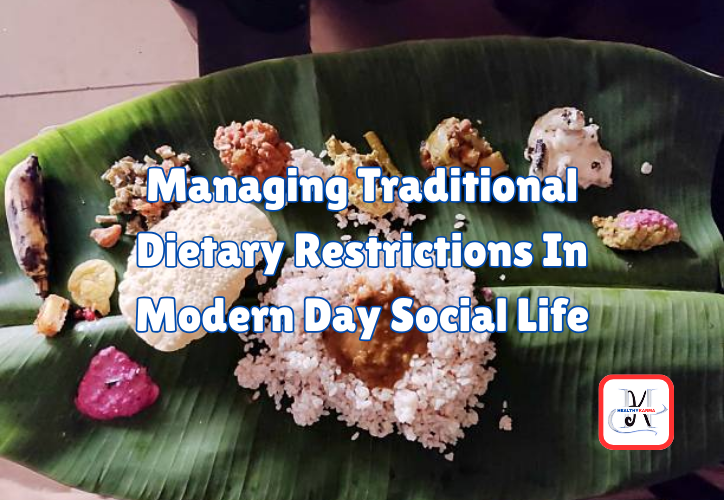

potential benefits of following an OMAD (one meal a day) diet intermittently as part of a lifestyle

weight loss
improved insulin sensitivity
alleviates the process of autophagy in the body
simplicity
higher levels of physical & mental health
increasing longevity levels and promoting higher mortality levels
in conclusion
FAQ's
A: While some individuals find success with daily OMAD, you need to remember is that different bodies give different results, and therefore it’s essential to listen to your body and consult a healthcare professional before committing to this eating pattern long-term.
A: As part of a healthy diet, it’s crucial to focus on nutrient-dense foods like lean proteins, whole grains, fruits, vegetables, and healthy fats to ensure you meet your body’s daily nutritional needs all at once in contrast to the nutritional requirements that are derived from the foods that we eat through different meals.
A: Non-caloric beverages like black coffee, unsweetened tea, and water are generally allowed during fasting periods on the OMAD diet. Non-caloric beverages help with better caloric management and can help curb hunger levels in the body. One needs to avoid processed sugar and sugary beverages in any type of diet plan, including the OMAD diet.
A: Some individuals may initially experience symptoms like hunger, fatigue, or irritability as the body takes time to adjust to any changes in the body, whether it is reacting to external elements like medicines or fasting. These side effects start subsiding once the body starts accepting and adapting to the new changes.
A: Any form of moderate exercise has been recommended as part of a healthy lifestyle. It’s possible to exercise during the fasting period of the OMAD diet, however, one needs to understand his or her body’s metabolic conditions and adjust the levels of workout intensity, or modify the type of exercises, if needed, and ensure that the body enough energy levels to continue through the day.





